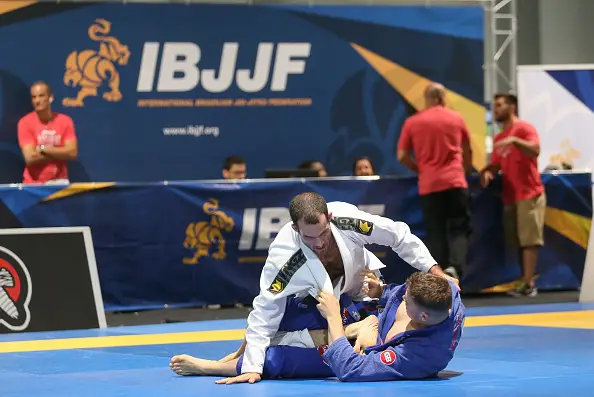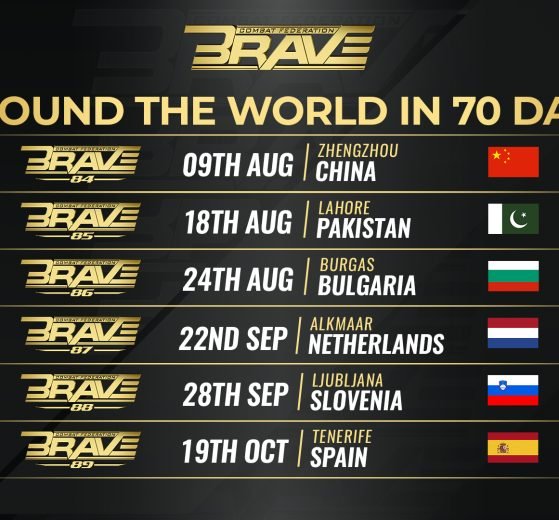The Olympics are among the most prestigious and widely-watched sporting events in the world, but would it actually be worth it for BJJ to be among the events offered? The Olympics comes around every four years and as of yet, there’s no sign of it being included as an available sport.
There’s already a number of grappling events available in the Olympics like Judo and both Greco-Roman and freestyle wrestling.
In fact, BJJ is probably the most popular grappling sport that is not currently available as an Olympic event and that popularity only continues to grow. It might be confusing to someone newer to the sport to see that BJJ isn’t part of this event, but there’s a few reasons for that.
What Are The Benefits Of Being An Olympic Event?
One of the most obvious benefits to being an Olympic event is the access to funding. In many countries, government funding for sports is directly linked to whether or not that sport is an Olympic event. This makes sense too, because the Olympics provide a boost to the local economy every 4 years and provide a platform for athletes to develop.
Profits from events outside the Olympics generally stay in the pockets of organizers and there’s no guarantee that athletes in those sports can reach a high level of success.
If BJJ was in the Olympics then there would be a greater amount of financial support available for local academies and local events alike.
Alongside this, there’s also the fact that the Olympic Games is one of the most-watched sporting events available. It attracts millions of viewers from all around the world and although most of them are centered around certain marquee events like the 100m race, Judo and Wrestling also get plenty of attention. This would in turn help develop a sport like BJJ, because there will be people who discover the sport through the Olympics that may never have done so otherwise. This is something that major organizers like ADCC and the IBJJF simply can’t offer, because people would have to already be familiar with BJJ in order to watch them in the first place.
What Are The Drawbacks Of Being An Olympic Event?
BJJ has a lot to gain from being in the Olympics, but there’s potentially a lot to lose as well. Veteran Judoka know this better than anyone else, but being an Olympic event puts a lot of pressure on governing bodies to adapt their rules. Some of these changes are made in the name of safety, because the Olympics are spread over multiple days and a big part of the event is to provide role models for the next generation of athletes. It’s pretty hard to do that if the viewers see athletes ripping heel hooks at 100mph or willingly letting their arm break in order to win a match.
This means that some of the greatest moments in BJJ history would likely never happen at the Olympics, and chances are that a number of techniques would no longer be permitted in competition. Some changes to rules are also made in an effort to increase entertainment, because an event that people don’t enjoy watching can see itself removed from the schedule of the next Olympic Games. While this might seem like a great idea at first, it can also lead to perfectly viable techniques removed from the sport. For example, grabbing the leg is no longer allowed in Judo despite the fact that it’s one of the best ways to secure a takedown.




